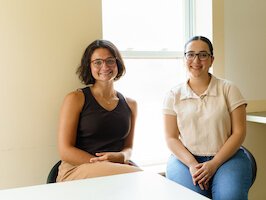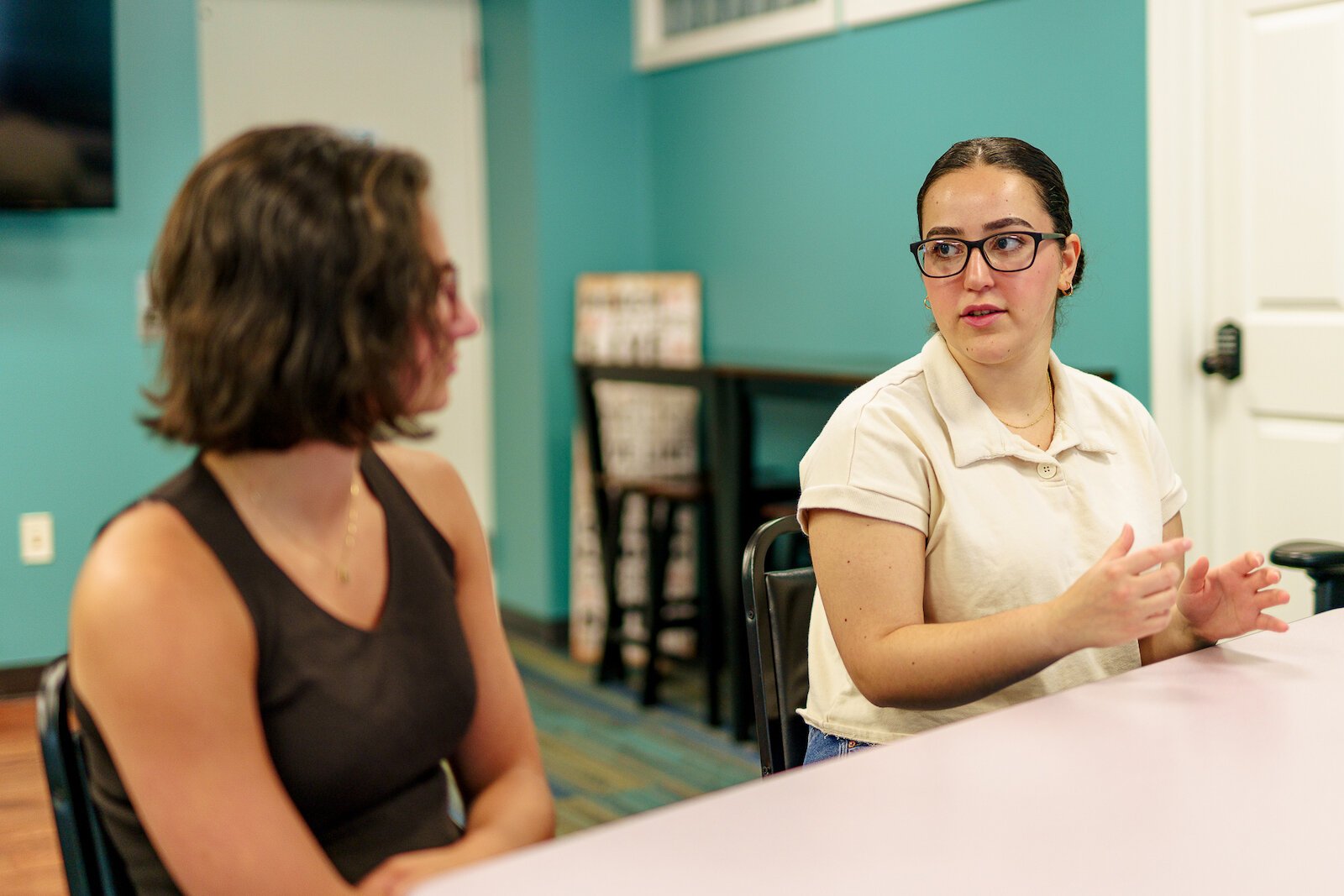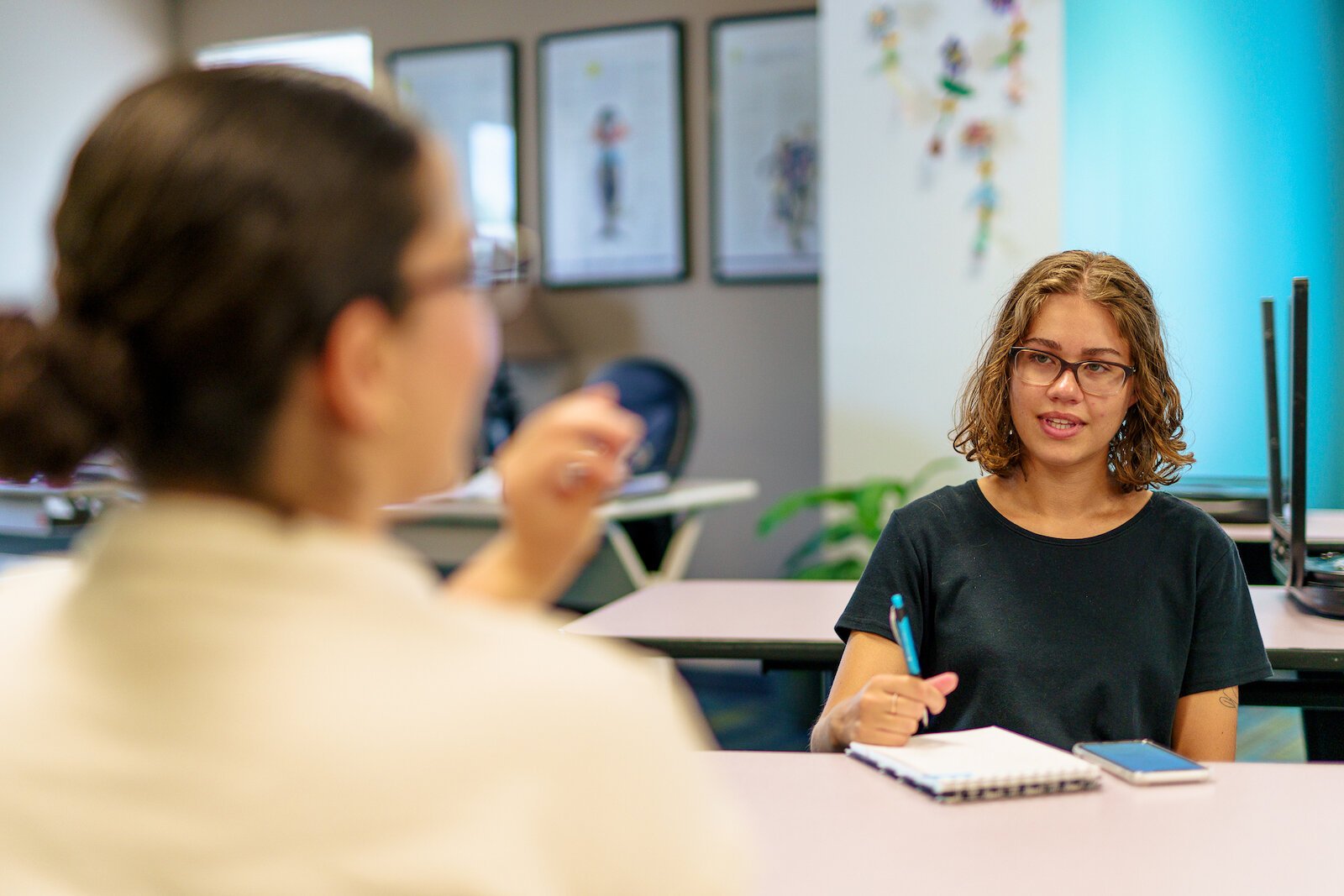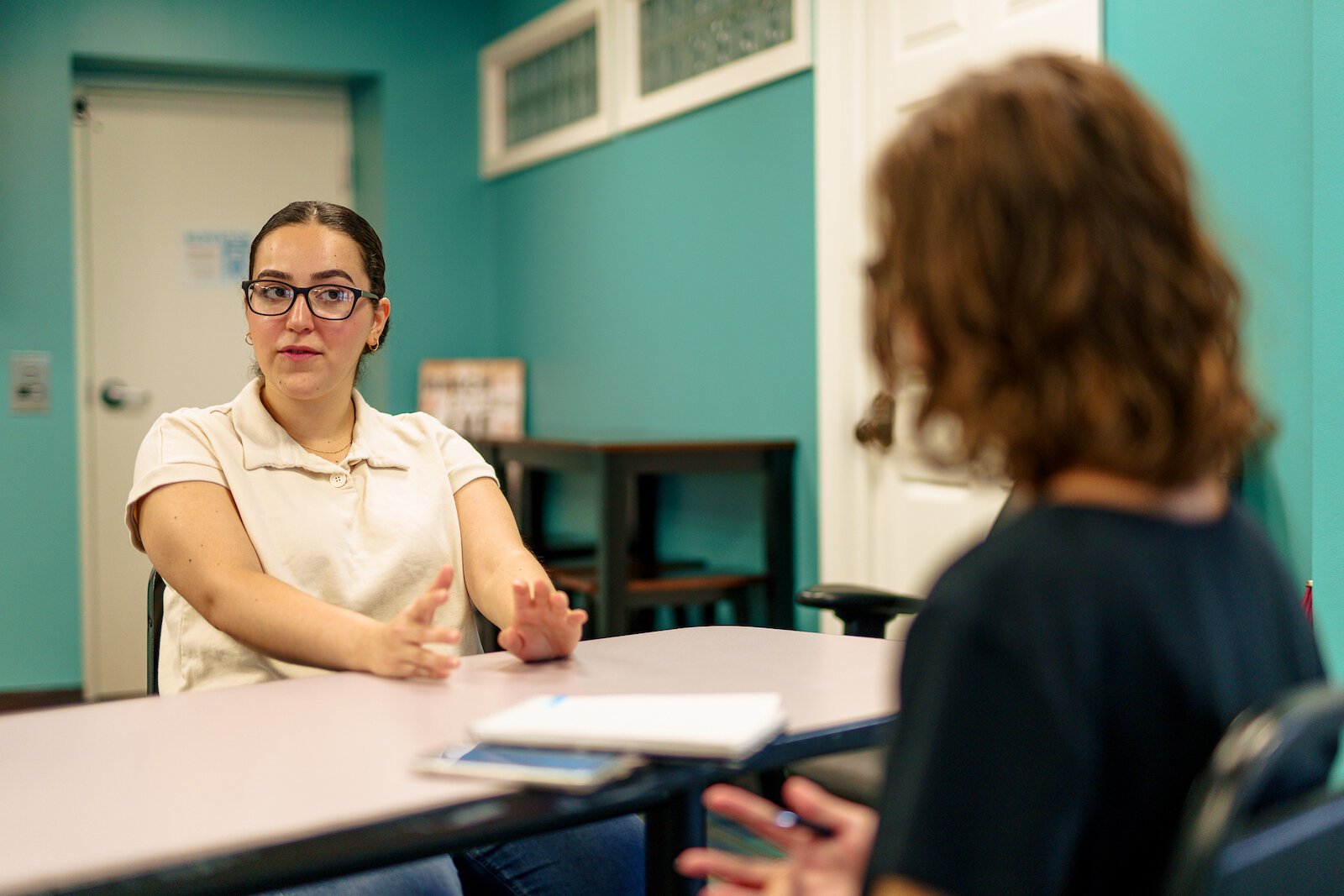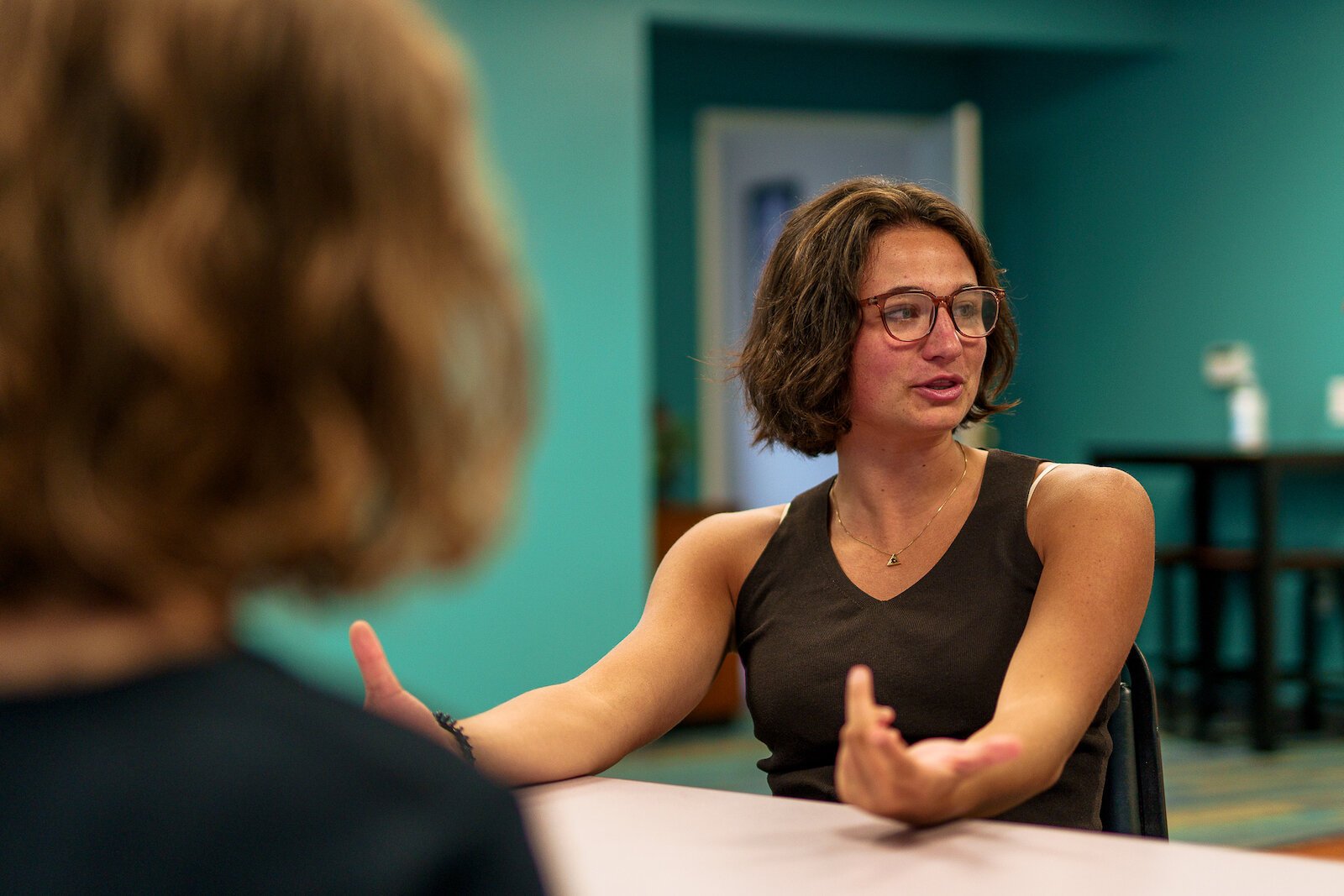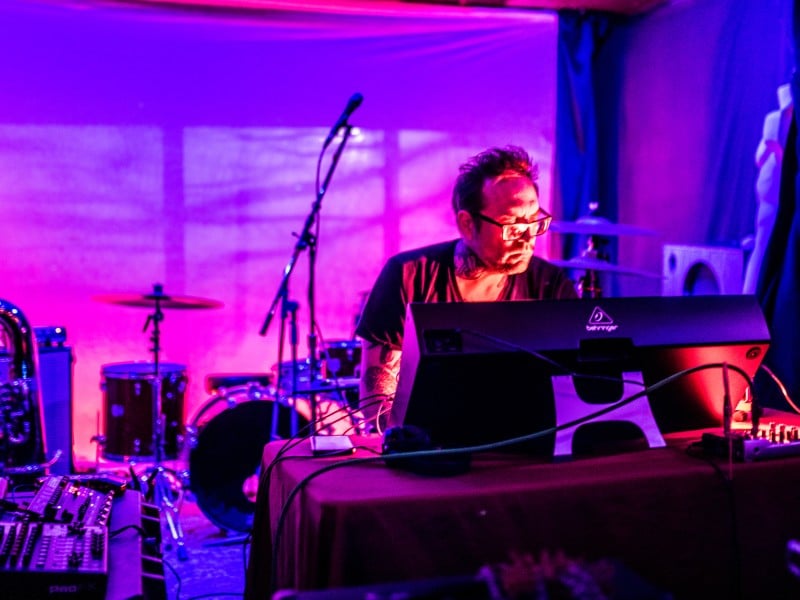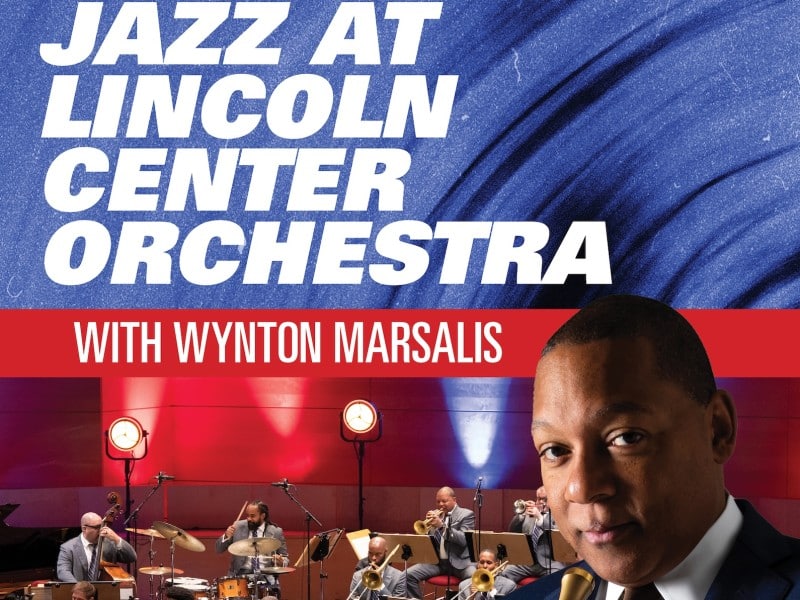The program not only benefits the teen participants it also gives Jiddou and DeVine valuable hands-on experience in the behavioral health field.
This article is part of Mental Health Workforce Crisis: Effective approaches to improving the pipeline, a solutions-focused reporting series of Southwest Michigan Journalism Collaborative. The collaborative, a group of 12 regional organizations dedicated to strengthening local journalism and reporting on successful responses to social problems, launched its Mental Wellness Project in 2022 to cover mental health issues in southwest Michigan.
Two undergraduate psychology students at Western Michigan University are spending their summer helping to create a youth-driven program that offers community experiences to local teens and opportunities to develop skills from meditation to healthy cooking.
Haila Jiddou and Danielle DeVine, both WMU seniors, are summer interns for Synergy Health Center’s UrbanZone, working on a youth-driven program for Kalamazoo teens ages 12 to 17.
The program not only benefits the teen participants it also gives Jiddou and DeVine valuable hands-on experience in the behavioral health field. Both hope to continue working with Synergy after their internship ends.
UrbanZone is headquartered on Harrison Street and offers after-school programs and summer workshops for Kalamazoo teens. Its mission is to foster academic success and socio-emotional learning.
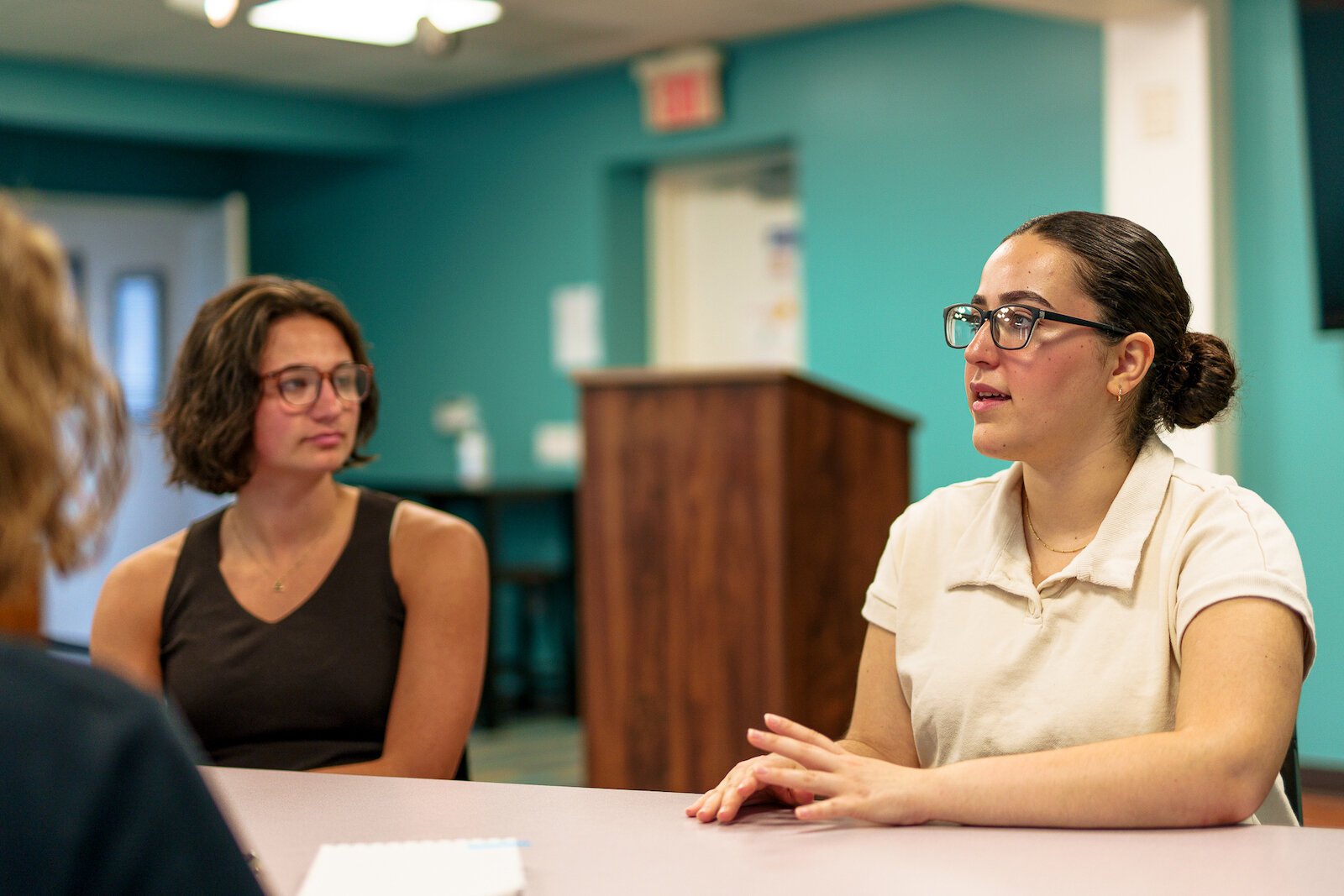
Q: What does your job entail?
Jiddou: It’s a three-day-a-week program, and it’s a different thing every day. On Tuesdays, someone comes in and teaches the kids different dances and at the end of the summer we’re going to do a talent show. On Wellness Wednesday, they learn yoga and mindfulness meditation, and healthy cooking. And then we have Travel Thursday, which is what we’ve been the most involved in. We take them on some type of educational field trip every week.
DeVine: We get to (plan what) we want to do with the kids, like where we’re going and we get to set up different activities. We’ve learned here and there, because this is a nonprofit organization, about different grants and how to do the program.
Q: How do you feel about the impact you are making on these kids?
DeVine: I feel like we’re giving them a lot of good opportunities and it makes me feel like I’m actually doing something worthwhile. I’m sending them home with something they can build off of. It feels like I’m making a bigger impact in that way.
Jiddou: I just like to see them have fun and enjoy themselves and get to know each other. It’s cool to give these youth an opportunity for their voices to be heard and for them to do things that they enjoy. We’ve learned a lot about having them run the show and not just having the adults do everything.
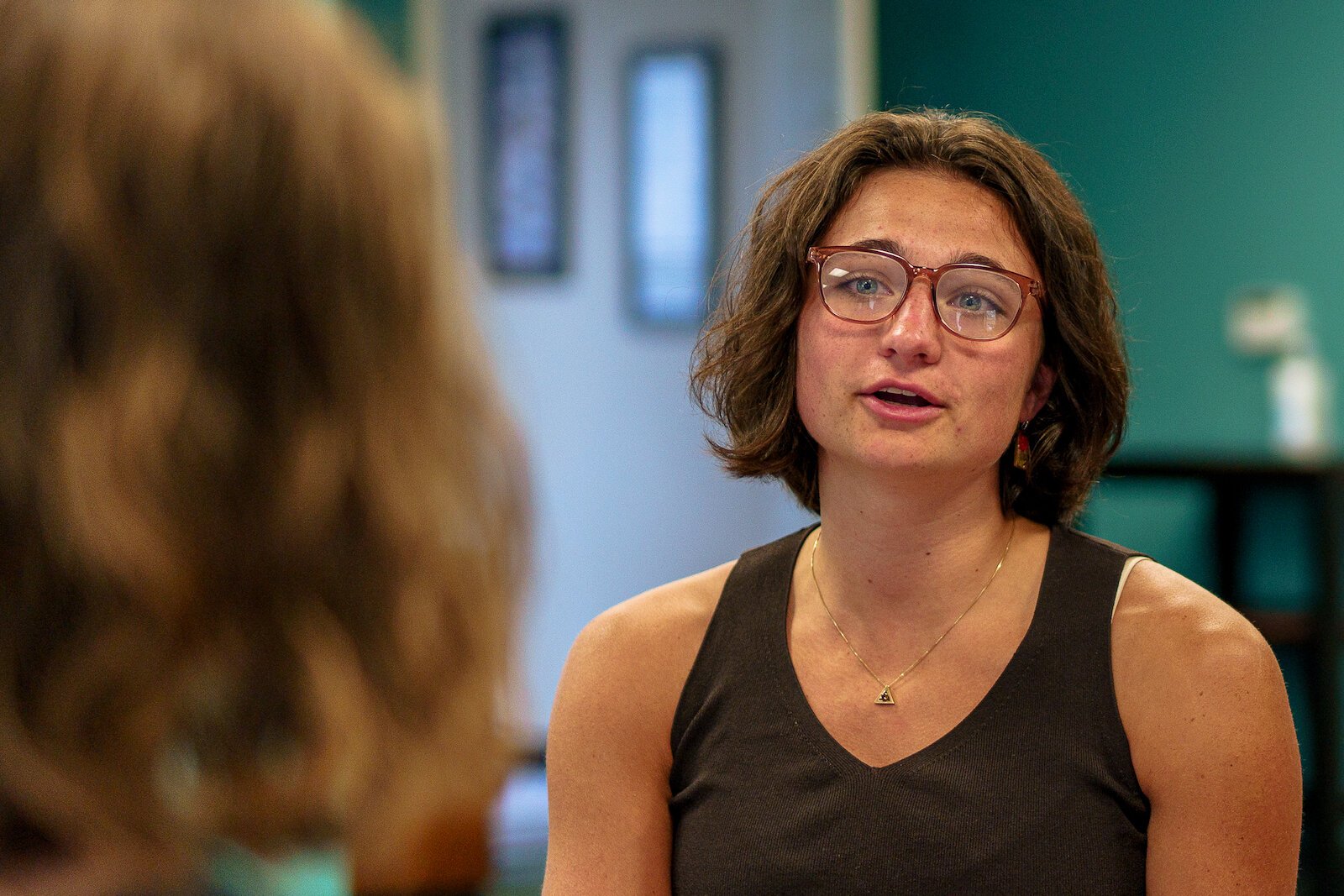
Q: What are some of the challenges you have encountered on the job?
DeVine: This is the first time they’re (Synergy) doing this. I think a challenge was figuring out the steps… to make this be the experience we hope for the kids. Making sure it all goes smoothly and everyone’s voices are heard.
Jiddou: Finding the balance. Having not done this before, trying to like, just imagine what the teens want. Now that we’re going through it and we’re doing it, we definitely have a better idea.
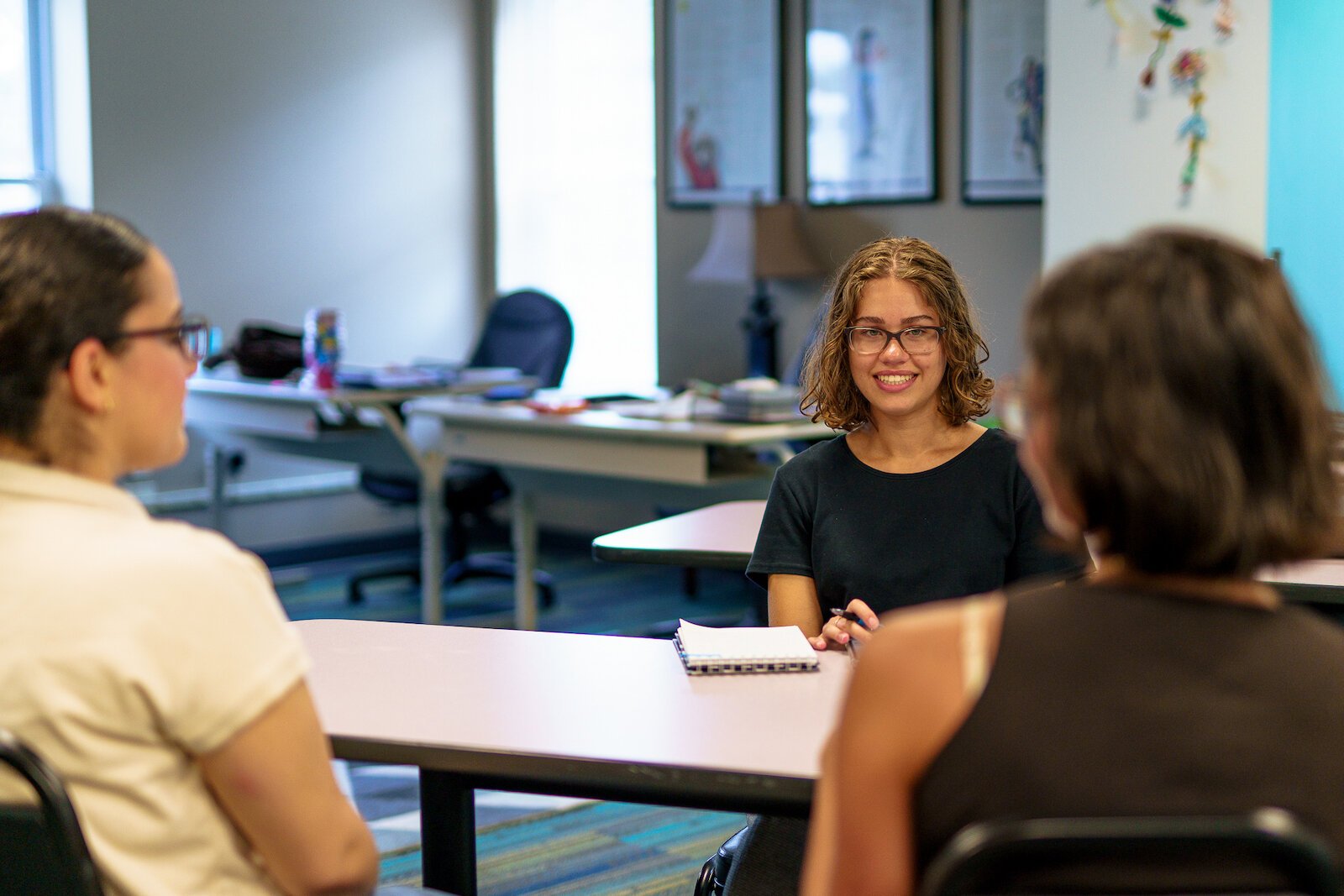
Q: What advice would you give to the next set of interns?
Jiddou: Stay organized, take lots of notes. We’re human, we forget things.
DeVine: At the end of the day, this is all for the youth. Take advantage of that time and connect with them, understand what they like and what they don’t like, and that’s how you’ll make a good program. Why are we really here? For them.
Q: What are the most effective approaches to getting college students to pursue careers in mental health?
DeVine: Thinking about why I came, I didn’t even know this was something I was into until I was introduced to it in high school. I think having different classes around mental health at that level would intrigue people into wanting to continue their education. Educating people about mental health, to begin with… will entice further curiosity in wanting to pursue that.
When I was job searching too, I’m like, ‘Wait, I’m actually more qualified for more things than I originally thought.’ There’s a lot more opportunities out there than I think are advertised.
Jiddou: Also talking about the many different aspects of mental health. (DeVine’s) focus (is) on holistic health and that’s definitely a huge part of mental health. I like the biology side of things, the brain, and the chemistry behind all of it. There’s so many different realms of mental health that so many different types of people… could be interested in.
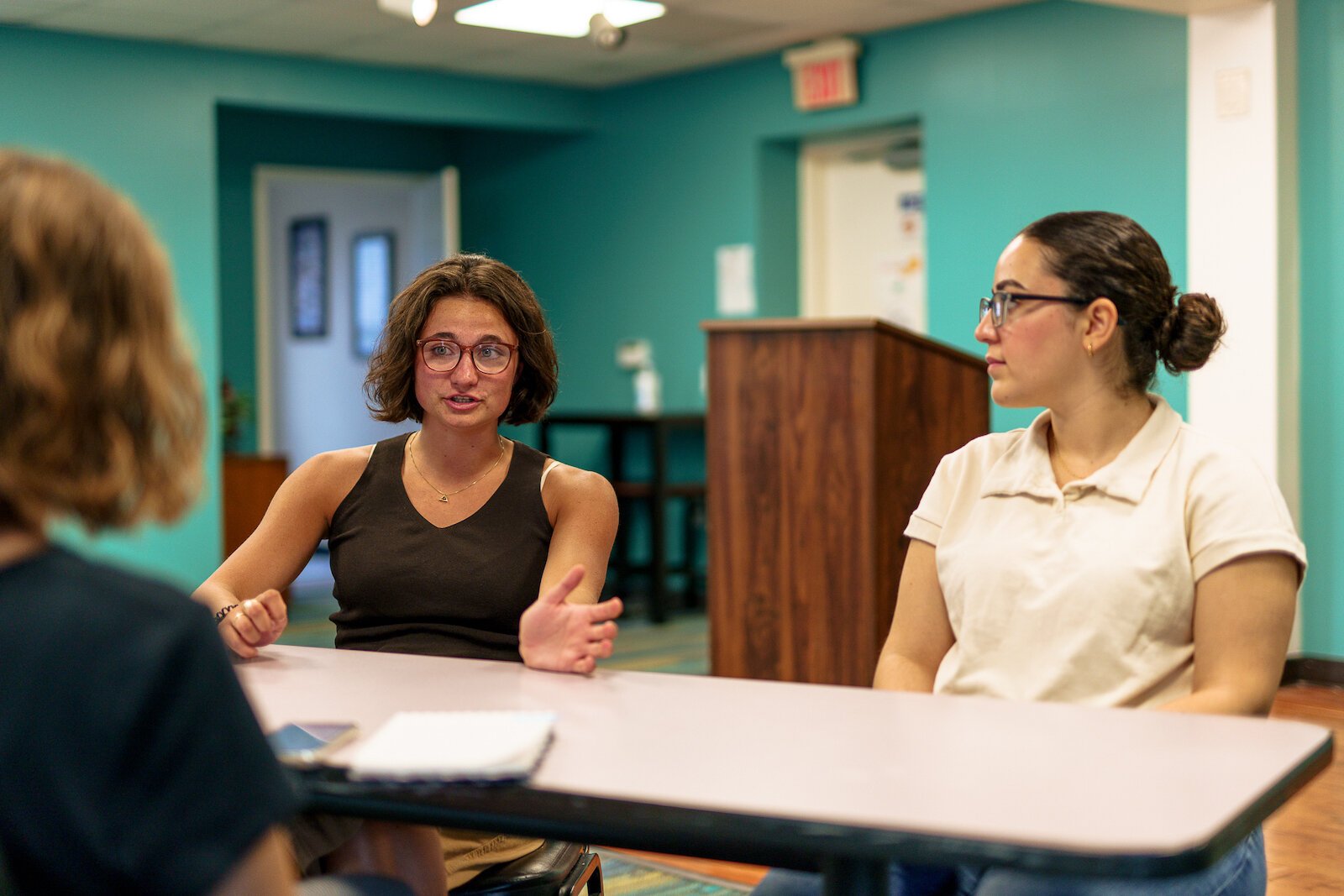
Q: How do you maintain your own mental health while working in a field where you are focused on other people?
Jiddou: Sometimes we do come across kids that have more difficult mental health issues. Taking care of yourself outside of work, trying to leave work at work, and not taking it home with you. The big thing for me (are) self-care things that rejuvenate me and make me enjoy my life.
DeVine: Journaling prompts and mediation and different self-regulation activities through my school, which I’m really grateful for. It helps me with my mental health and helps me show up ready to help when I’m here too.
Q: What advice would you give someone seeking mental health help or wanting to put their child in a program like this one?
Jiddou: It’s not a weakness. I feel like a lot of people see mental health issues as some type of weakness or something dragging them down, but it’s not. You go to the doctor immediately if you’ve got something going on. Going to a therapist or putting your child into therapy is kind of like that. That’s not the end of the world, and it’ll benefit them tremendously.
DeVine: At the end of the day, it would not hurt them (the kids) to know how to self-regulate and have different resources in case something does happen. They’ll be able to listen to their body and listen to their emotions more before things get out of control. That’s a huge part of living a healthy lifestyle.
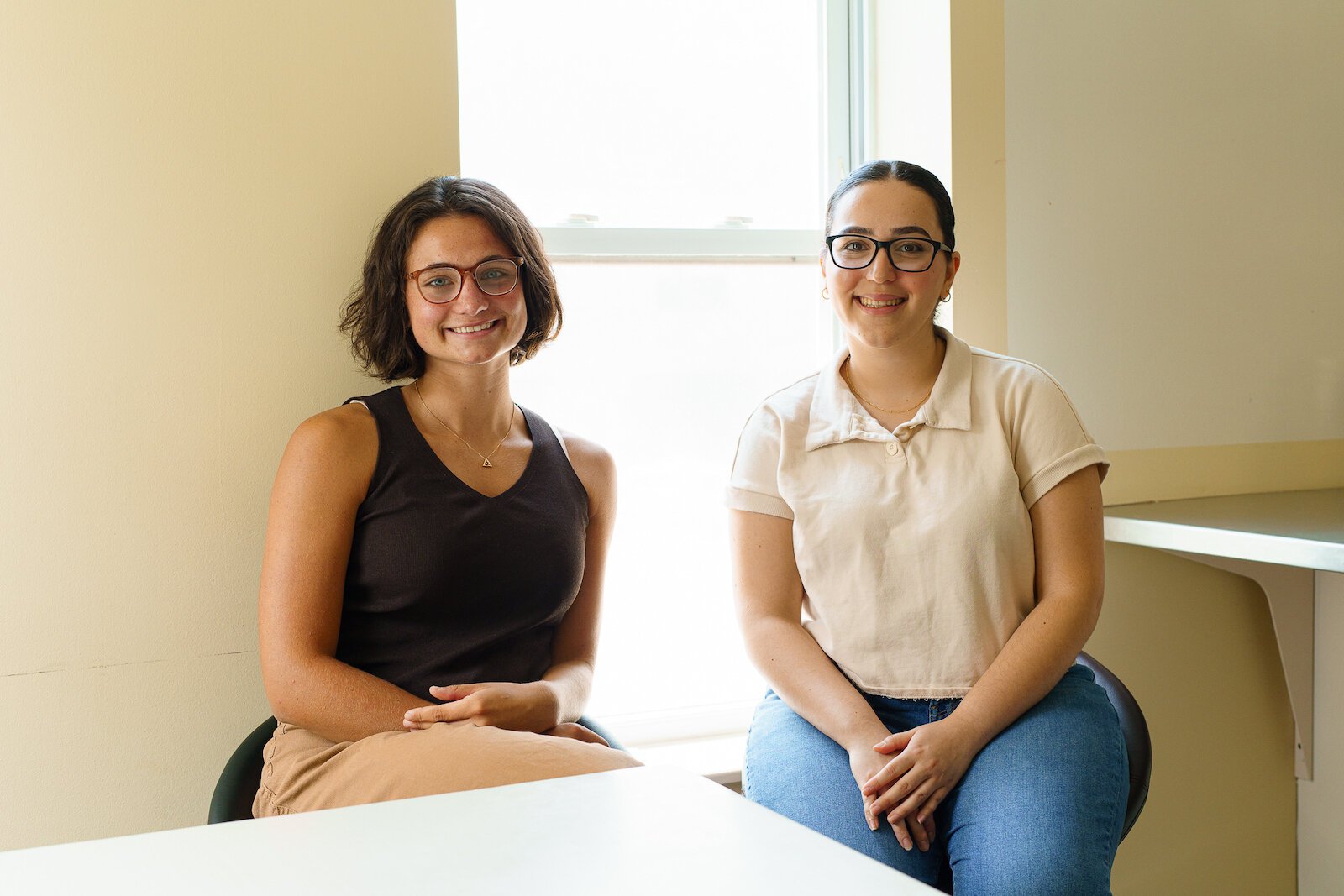
Q: What are some other takeaways from the summer internship?
Jiddou: I’m picking up on new skills. We’ve had to do a little bit of graphic design. I’m personally not the best at that but just trying to make the most of it… and trying to get better even though it’s not necessarily something I’m strong in.
DeVine: The same kind of thing. A lot of the things that I’ve been involved with are reaching out to the parents and big group emails and making sure everything makes sense and runs fluidly.
Q: What are the next steps for the program?
DeVine: I’m continuing on throughout the summer for the rest of the program. We’re doing a girls group too, which is still on the come up but I’ve learned a lot about how we need to match the curriculum and how to plan for this group so it matches with the grant too. There’s an opportunity for us to stay on throughout the fall as well.
Photos for the Southwest Michigan Journalism Collaborative by Juan Grillo.

